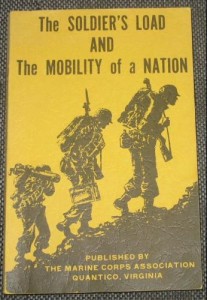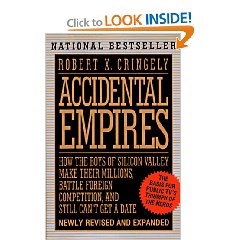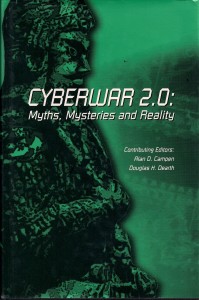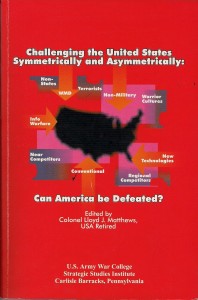Review: The Devil’s Garden
5 Star, Corruption, Executive (Partisan Failure, Reform), Threats (Emerging & Perennial), War & Face of BattleReview: Fighting for the Future–Will America Triumph?
5 Star, Asymmetric, Cyber, Hacking, Odd War, Empire, Sorrows, Hubris, Blowback, Force Structure (Military), Insurgency & Revolution, Military & Pentagon PowerRalph Peters draws on over 30 years of experience and at least ten years of published thinking to bring us this capstone book. It is, with Brigadier Simmon's book on RACE TO THE SWIFT, and one or two others (perhaps MajGen Scales book on The Limits of Firepower–can't hit what intel can't find, and anything by Martin Van Crevald), one of the top ten books in military thinking today, and absolutely essential for any officer or any political appointee responsive for national security, to digest and redigest. Ralph speaks truth to power, but power doesn't want to listen. Anyone who has a son or daughter eligible for national service should be reading this book, because the reality is that we are perpetuating a military machine totally unsuited for the conflicts of today and tomorrow, and it is our children who will die because of our silence at voters today.

Review (Guest): The Soldier’s Load and the Mobility of a Nation
5 Star, Force Structure (Military)
S.L.A. Marshall
5.0 out of 5 stars The Soldier's Load and the Mobility of a Nation, December 20, 1999
By Thomas K. Durham (Del Rio, Texas) – See all my reviews
Copyrighted in 1950, my dog-eared, water-stained copy of this book has been with me now for 18 years, and the lessons it contains, learned the hard way by the men who fought and led troops through the first two world wars, are just as valuable today as they were on the eve of the Korean War. It examines what some might consider a mundane subject (what a soldier carries, and should and should not be expected to carry into battle) in a way that says a lot about our culture and the American way of war. Marshall's observations may seem elementary, but the fact that he had to set them down on paper just a few years after WWII is proof positive that the minions of political correctness were alive and well fifty years ago, and that institutional memory is definately of the short term variety. Anyone who leads troops and has not read this book should be dismissed from the service, and anyone who does not reread it every two years should be put in charge of nothing more challenging than changing the marquee at the base theater. Unfortunatly my own experience has led me to believe that it remains unread by many who consider themselves professional soldiers, lending more than a grain of truth to the the saying “Common sense is an uncommon virtue.”. If you enjoy Col. David Hackworth's column, you will like this.

1998 JFQ The Asymmetric Threat: Listening to the Debate
Articles & Chapters, Asymmetric, Cyber, Hacking, Odd War, Complexity & Catastrophe, Complexity & Resilience, Diplomacy, Disaster Relief, Intelligence (Government/Secret), Intelligence (Public), Peace, Poverty, & Middle Class, Strategy, Threats (Emerging & Perennial), War & Face of Battle
FIXED 31 March 2013
PDF (7 Pages): JFQ Asymmetric Threat Steele
“The Asymmetric Threat: Listening to the Debate,” published in the Winter 1998-1999 issue, is a concise summary of the Army Strategy Conference of 1998. Click on the icon below to read the summary of the Army Strategy Conference of 2008, which JFQ has declined to publish.







